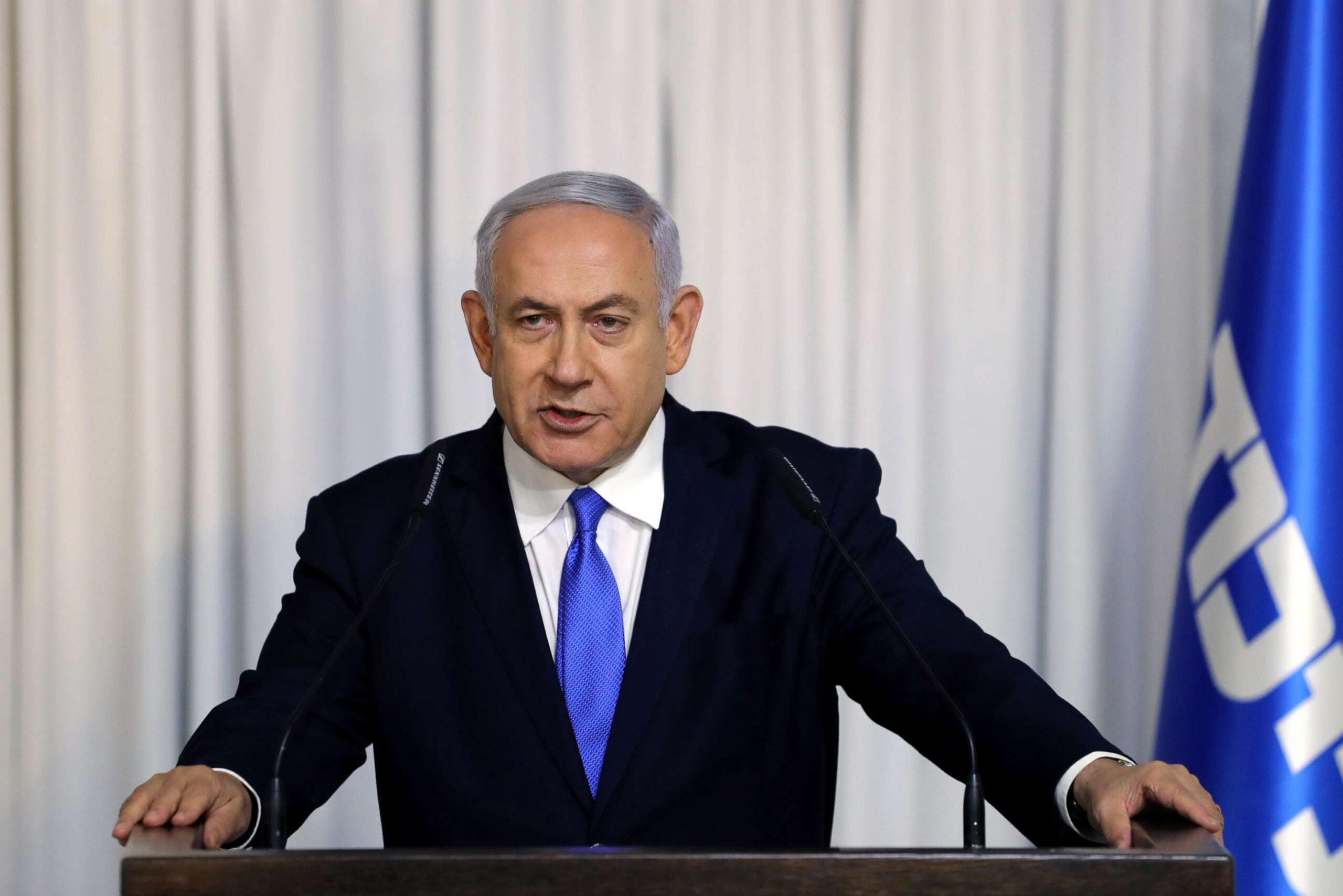As the one-year mark of the horrific 7 October Hamas attack nears, what began as a war of Israeli defence has morphed into a campaign of retribution that has devastated Gaza, disrupted Israeli society, and destabilised the entire Middle East. Prime Minister Benjamin Netanyahu’s prosecution of the conflict now stands as the greatest obstacle to peace—not the initial aggressors or their allies from Iran, Yemen, and Lebanon.
The war has reshaped the region, with violence between Israel and Gaza spilling beyond their borders, threatening to irreparably damage the already fragile stability of the Middle East, particularly in Lebanon.
While Netanyahu clings to power, our fears expressed nearly a year ago of a spiralling conflict are coming to pass, dragging multiple nations into its wake and shutting the door on any prospects for peace.
The toll is staggering. Since Israeli military operations began to avenge the deaths of over 1 200 Israelis and the kidnapping of 250 people, Gaza—an area the size of Barbados—has been flattened. More than 40 000 Palestinians have been killed, and over 90 per cent of Gazans have been displaced in an unprecedented humanitarian crisis. Netanyahu frames these actions as necessary for the “complete destruction” of Hamas’s military capabilities; we argue that the devastation amounts to collective punishment. The sheer brutality of the Israeli response, with women and children bearing the brunt of the onslaught, has drawn credible allegations of war crimes, further straining Israel’s diplomatic relationships and derailing peace efforts.
Beyond Gaza, Israel’s northern border with Lebanon has seen rising violence, with Hezbollah launching rockets in retaliation for Israeli airstrikes. As in Gaza, the Israeli response has been disproportionate, killing nearly 500 people in Lebanon and injuring thousands. Rockets led to shelling, which led to exploding Hezbollah pagers and walkie-talkies, which led to even more air strikes, leaving hundreds dead and sparking rumours of a ground invasion. As tensions rise, concerns grow that this conflict could escalate into a wider regional war involving Hezbollah’s backer, Iran. With both sides refusing to back down, the potential for full-scale war looms ever larger.
Netanyahu’s leadership during this crisis has been marked by isolation—both internationally and domestically. Polls show that nearly 71 per cent of Israelis believe he should resign either immediately or after the war concludes. His regime has faced criticism for colossal security failures that led to the 7 October attack, warnings of which were reportedly ignored by Jerusalem.
Meanwhile, hostages taken by Hamas remain in Gaza or turn up dead after botched Israeli assaults. Netanyahu continues to prioritise military strategies over diplomatic solutions, focusing on deterrence rather than negotiations.
While the US and other key allies express frustration at his refusal to pursue a clear path to peace, Netanyahu remains forceful and vengeful. His defiance of his staunchest backer, President Joe Biden, and his dismissal of ceasefire proposals fuel a cycle of violence that now jeopardises Israel’s long-term security. The US-backed plan to end the war, involving Qatar and Egypt and endorsed by the UN Security Council, remains just that—a plan.
For Netanyahu, this war is not just a national crisis—it is a political lifeline. As his approval ratings plummet and the public blames him for failing to protect Israel, he is using the conflict to maintain his grip on power and avoid criminal prosecution. By prolonging military operations, he seeks to rally public support through the illusion of decisive wartime leadership. His coalition, dominated by far-right parties, opposes any form of ceasefire. Peace is a distant prospect.
By tapping into nationalistic sentiments and fears of external threats, Netanyahu has sought to frame the conflict as a matter of national survival, positioning himself as Israel’s only viable leader in a time of crisis. His realpolitik approach, rooted in the belief that might makes right, poses grave risks not only for Israel but for the wider region. His refusal to engage in diplomatic dialogue and his focus on securing political survival at all costs set a dangerous precedent. The longer the war drags on, the more isolated Israel becomes on the world stage, and the more likely it is that the conflict will expand beyond Gaza and Lebanon, drawing in other regional powers.
With Hezbollah backed by Iran and the European Union warning of a “full-fledged war”, the conflict has reached a critical point. As world leaders convene this week at the UN General Assembly, they must act decisively to prevent further escalation. We are now convinced that as long as Netanyahu remains at the helm, peace will remain elusive. It is particularly troubling that the Israeli leader appears more intent on winning the war than on securing the peace.
Benjamin Netanyahu must step aside—he is unlikely to radically change course. We must brace for the conflict to spiral further into violence and chaos, dragging with it other regional players. But intransigence is a regional export. It is the words of another inflexible demagogue, Hassan Nasrallah, the head of Hezbollah, that seem more dangerously relevant.
“In the Middle East, things get worse before they get worse,” the Lebanese cleric is quoted as saying. In a cynical era and a cynical region, the cyclical nature of violence and instability that often defines Middle Eastern geopolitics will likely continue. Until something as drastic—and necessary—as Netanyahu’s departure happens, any attempts at peace or stability will likely deteriorate before any real improvement can begin. We believe the next few days will be a crucial turning point in Benjamin Netanyahu’s War.




